Cork woman: ‘I thought every day could be my last...’
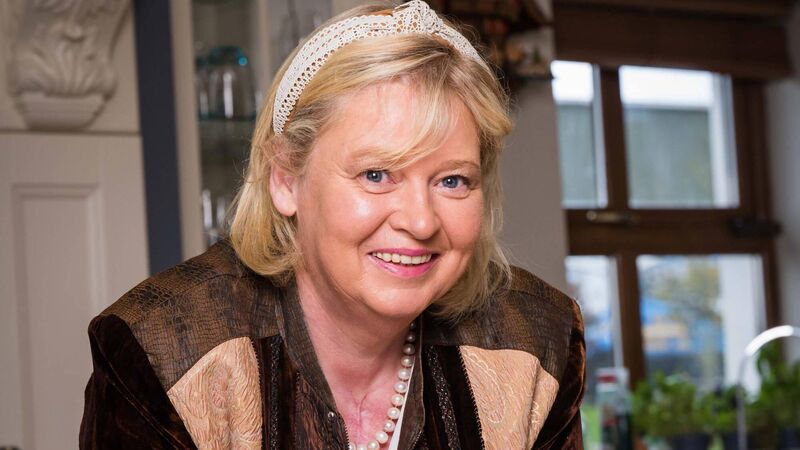
Post heart surgery, Mary Mulcahy at her home in Riverstick. Picture: Joleen Cronin
BUBBLY and bright mother-of-three Mary Mulcahy, from Riverstick, has been living life to the full since her heart operation on June 1, 2023.
Her zest for life never waned since she was advised in March, 2022, that she might not live more than 12 months.
“I thought every day could be my last day,” says Mary, who is co-founder and CEO of Ireland Waste Water with her husband Niall.
“I used to delay going to bed at night so that the day lasted longer.”
At the time of this news, Mary was an active, middle-aged woman, happily living her busy life with her family and running a thriving family business.
With husband Niall and three adult children, she could not imagine a future where she would not be present in their lives.
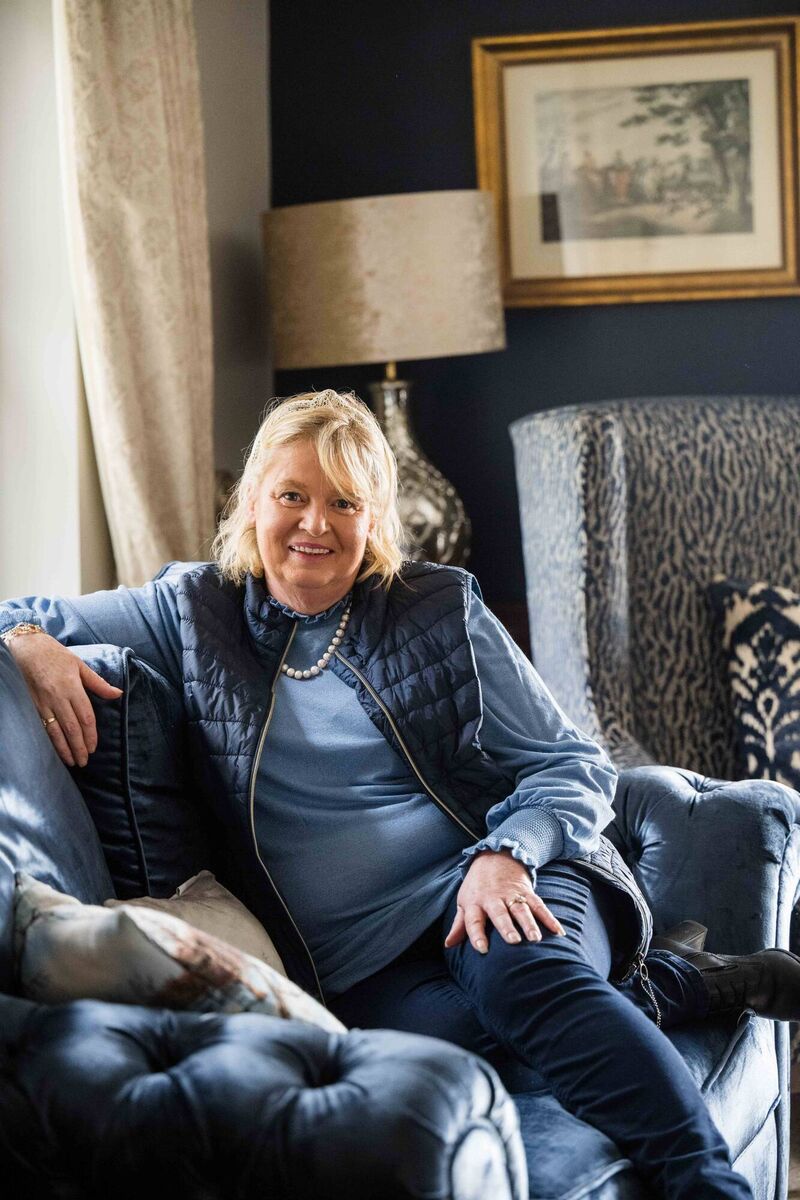
“In March, 2022, my cardiac consultant advised me that I may have just 12 months to live. My aortic valve was failing. I had undergone surgical interventions previously but was discouraged from further work based on the high-risk level,” says Mary.
“At one point, I was offered counselling to prepare for my inevitable journey towards end of life.”
Mary recalls her first heart operation to replace her aortic valve.
“I never thought I had heart trouble in a million years,” she says.
“After the operation I was very sick and got pneumonia twice and a bone infection. Niall and our children stepped up and the staff in the office were great.
“After a number of stints in hospital, I rallied, and I was aiming to celebrate my 50th birthday.”
Mary had big plans for her big day.
“It is what I focused on when I was sick, and I celebrated with friends, family and neighbours” she says.
Unfortunately, Mary encountered further serious heart problems including a blocked valve. The news wasn’t good.
“A medical team of 26 deemed my condition was inoperable, and this was confirmed to me in writing” says Mary.
“ I was on my own hearing the news because of Covid restrictions. I was devastated and it was extremely difficult not having Niall there for support.”
Mary was told she could have a heart attack at any stage and that time wasn’t on her side.
“It was scary,” says Mary.
I was told if I had open heart surgery, I could die. It was at this point I was offered counselling for end-of-life.
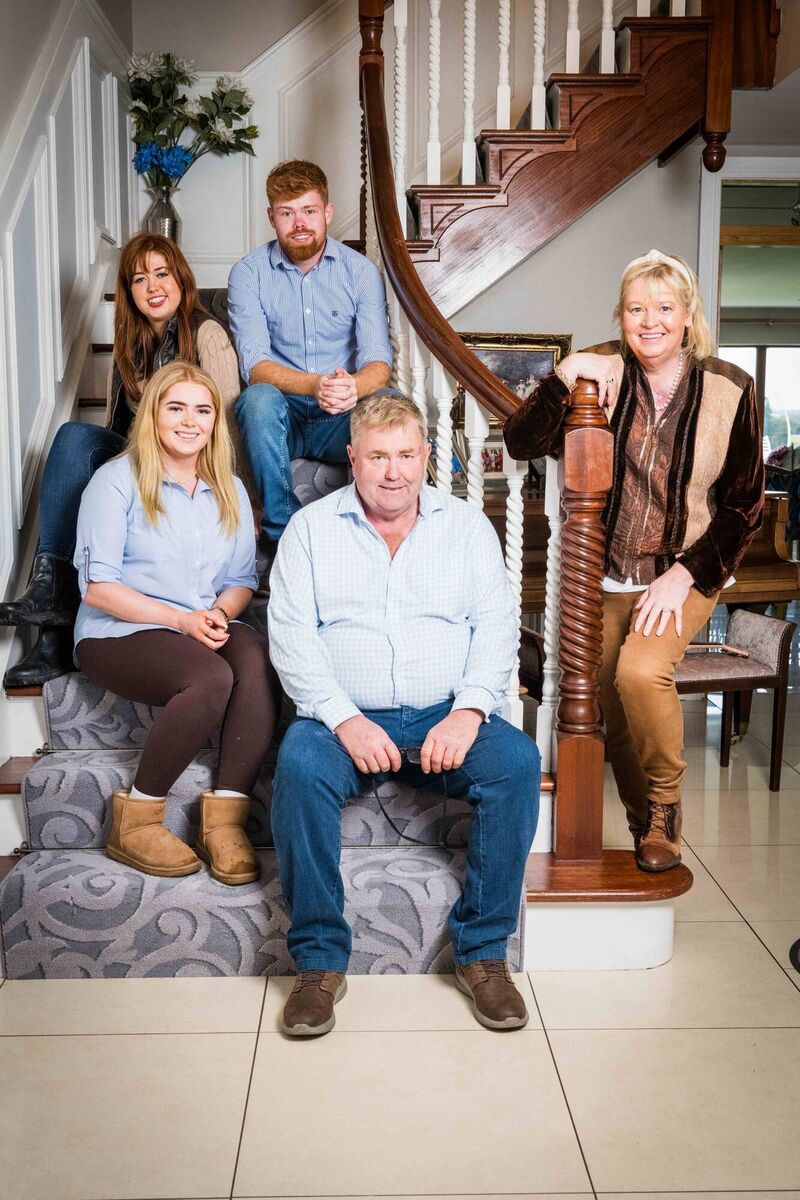
But Mary, always at the races, determined and driven, was totally resistant.
“I wasn’t prepared to accept things. I wanted to know was there anything that we could do. With the support of my family, I had to get a second and third opinion.”
There was something could be done. Where there is life there’s hope.
“We heard of Dr Olaf Wendler through a client and a contact,” says Mary.
Dr Olaf was the man who could save Mary’s life.
“I had a glimmer of hope,” says Mary.
She didn’t waste any precious time.
“After seeking multiple opinions in Ireland, I met with Professor Olaf, MD, PhD, who is Chair of the Heart at the Vascular & Thoracic Institute at Cleveland Clinic, London. It all happened very fast. Dr Olaf said he could repair, remodel and replace,” says Mary.
“He showed me on the computer, in a simple way, how things would work.
“He explained everything to me in plain English with kindness.
“There was no desk between us. I had confidence in him. He talked to me, never once down to me. That made quite a difference for me.
“From our first meeting with Professor Wendler, I was impressed with his attention to detail and his interrogation of my medical history and previous surgeries. I was immediately confident that he knew what he was talking about. I had some work to do myself, but I gained assurance through his work with me that I was a good candidate for surgery. I was well prepared physically and mentally with a clear goal in mind.”
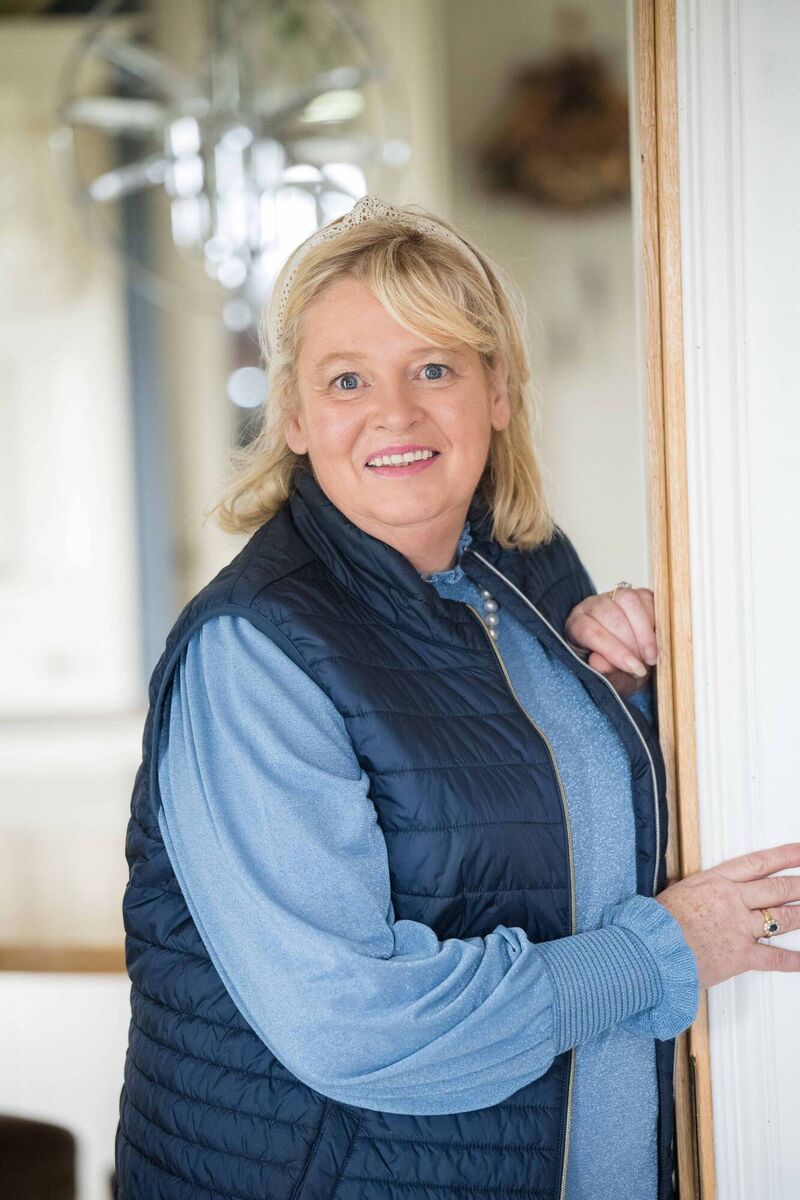
Dr Olaf had confidence in Mary.
“I had to work with him,” says Mary. “I had to lose 20kg in weight through diet and exercise and I had to give up cigarettes before the operation.”
Niall and the family were completely on board.
Mary left home for London hoping for a new lease of life.
The 10-hour operation went well.
“On the morning of the surgery, I told Dr Olaf I was still nervous. ‘That’s ok, I’m not!’, he said.”
The outcome to this day is beyond Mary’s wildest expectations and she says she will be forever grateful to Professor Wendler for his skill, expertise, kindness, and for the level of medical care he provided her as his patient.
“In June, 2023, six days post-surgery, I took a stroll in the sunshine with my daughter and sister in Hyde Park.
Eight days post-surgery I was no longer on pain meds. I left London to return home to Riverstick at the end of June this year.
Professor Olaf did a good job.
“He rewarded my trust in him with the opportunity to live my life to the full with my family,” says Mary.
“I will be going back for periodical check-ups, but I no longer face each day with the fear and dread of what may happen. The whole experience has changed my life.
“He had a great way with him and a great personality.”
Mary has lots of reasons to be cheerful.
“I have a smile on my face,” she says. “I can sleep now without worry. I look after my health and I would urge everybody to do the same.
If my experience can benefit anyone facing similar circumstances, I would encourage them to pursue a second opinion and to trust their gut. And to remember, in the darkest of times, there is always hope. I kept fighting.
“When I arrived back in Cork Airport, my family surprised me on arrival. Moments I will treasure for ever. I’m a lucky woman,” says Mary.
“Don’t ever give up.”
Reflecting on Mary’s case, Professor Olaf Wendler says: “As doctors, we need to be honest with our patients. But I believe we need to be very cautious of telling patients how long they have to live or that recovery isn’t possible.
“Sometimes, it’s just a question of finding the right surgeon and hospital where a difficult surgery can be performed.
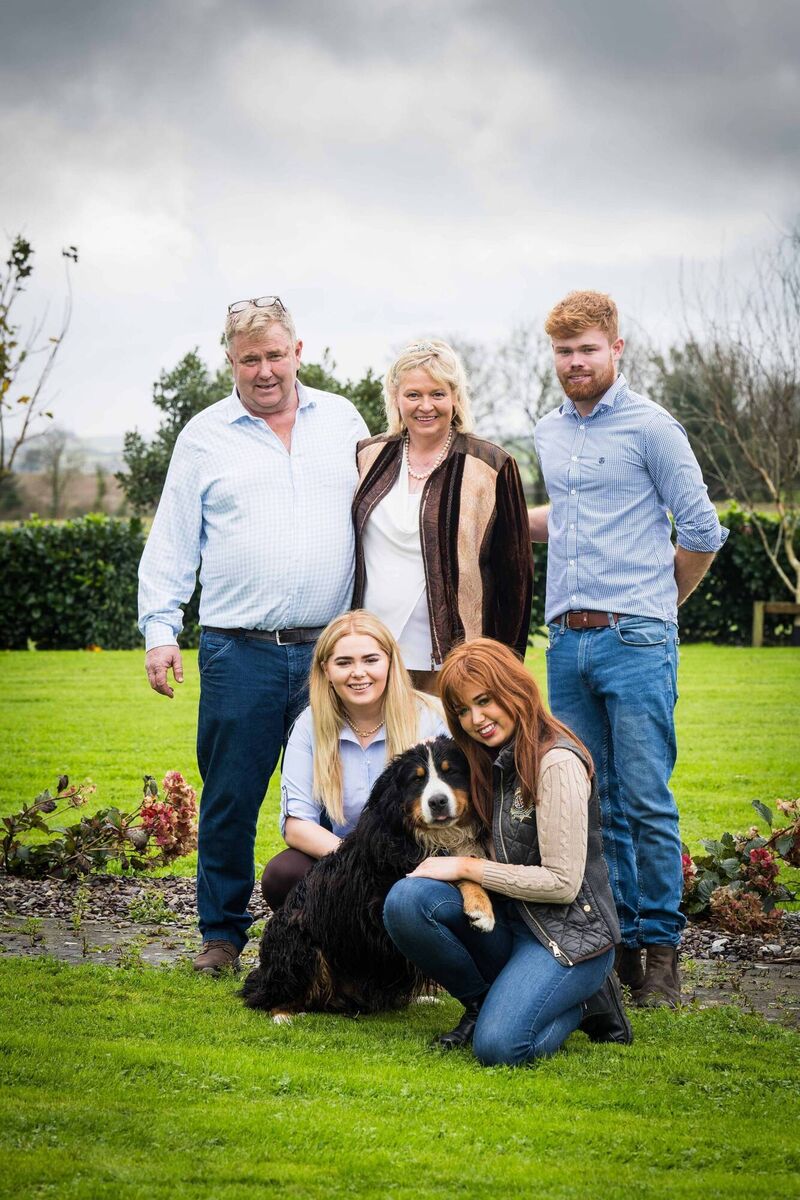
“A previous aortic valve replacement, where at the same time an aneurysm of the ascending aorta was replaced, had resulted in serious complications, including a massive infection that had required partialremoval of her breast bone.
“Over a few years after surgery, the biological valve prosthesis that was placed degenerated and narrowed up, resulting in symptoms of severe shortness of breath for Mary. Because part of her breastbone was missing, a crater had formed across the sternum, and the aortic graft, which was used to replace an aortic aneurysm previously, was lying directly below her skin.
“That’s a problem, because when you open up the chest in that condition, you have a serious risk (of damaging the aorta), which can be fatal.”
Professor Wendler was able to implant a heart valve two sizes up from the first operation and was pleasantly surprised, despite the problem with Mary’s breastbone.
“It came together quite nicely when I closed the chest,” he says.
For more advice and support on heart health see https://irishheart.ie
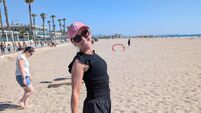
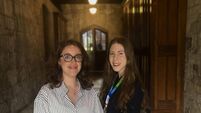


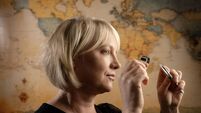


 App?
App?


